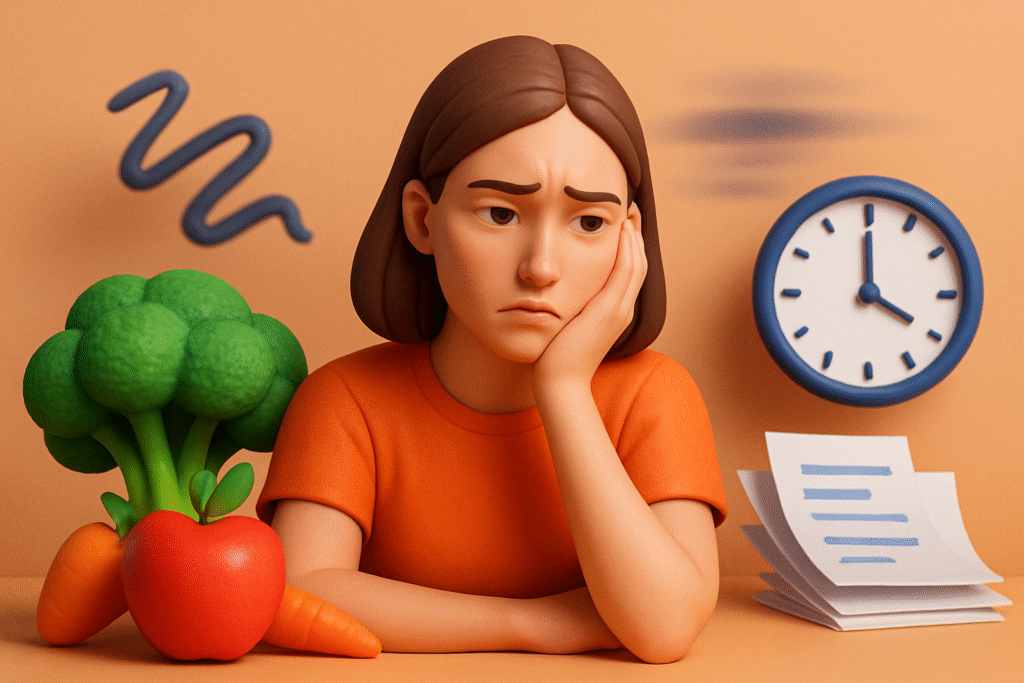Monika Choudhary, 29, lived by the rules of clean eating, yet was diagnosed with stage 4 colorectal cancer, highlighting how chronic stress and burnout can undermine even the healthiest lifestyles.
A 29-year-old woman from India, Monika Choudhary, who earned admiration for her disciplined approach to eating, stunned her followers this July with a dramatic revelation: despite maintaining what she calls “the healthiest diet,” she was diagnosed with stage 4 colorectal cancer.
Monika’s story—unveiled in a heartfelt Instagram post on July 30—shatters the illusion that clean eating alone guarantees immunity from disease. The reality, she says, is more complex: “I always believed I was doing everything right for my health. But when I started working on my website, I didn’t realize how consuming it would be. The long hours, relentless deadlines, and constant screen time slowly took a toll on my body.”
Despite steering clear of fried and oily foods and prioritising nutrient-rich meals, Monika’s ambition led to burnout. Her once-active routine faded into a sedentary lifestyle, and she dismissed mounting fatigue and discomfort as ordinary stress. It wasn’t until doctors confirmed the devastating diagnosis—stage 4 colorectal cancer—that she recognised the cumulative effect of neglecting her mental and physical well-being.
Monika’s experience is a wake-up call. Medical experts have long warned that no single pillar—whether it’s diet, exercise, or sleep—can alone safeguard against illnesses like cancer. Genetics, environmental hazards, and lifestyle factors, including chronic stress and inactivity, all play vital roles. Research has increasingly tied prolonged work stress and burnout not only to increased risk of colorectal cancer but also to a higher likelihood of severe outcomes.
Symptoms such as persistent tiredness and digestive discomfort, often mistaken for minor issues or work fatigue, can mask the early signs of colorectal cancer. Young professionals, especially those under intense pressure, face an added risk when such symptoms are ignored.
Reflecting on her journey, Monika urges others to recognise warning signals, practice true self-care, and prioritise holistic wellness—not just diet. “This diagnosis taught me the hardest lesson—no ambition is worth your health. Our bodies keep score, and eventually, they will force us to listen,” she wrote.
As her story goes viral, it serves as a powerful reminder: health is more than the food on your plate—it’s about listening to your body, managing stress, and balancing all aspects of well-being. For everyone racing through deadlines and digital life, Monika’s message resounds—don’t wait for your body’s final warning.

